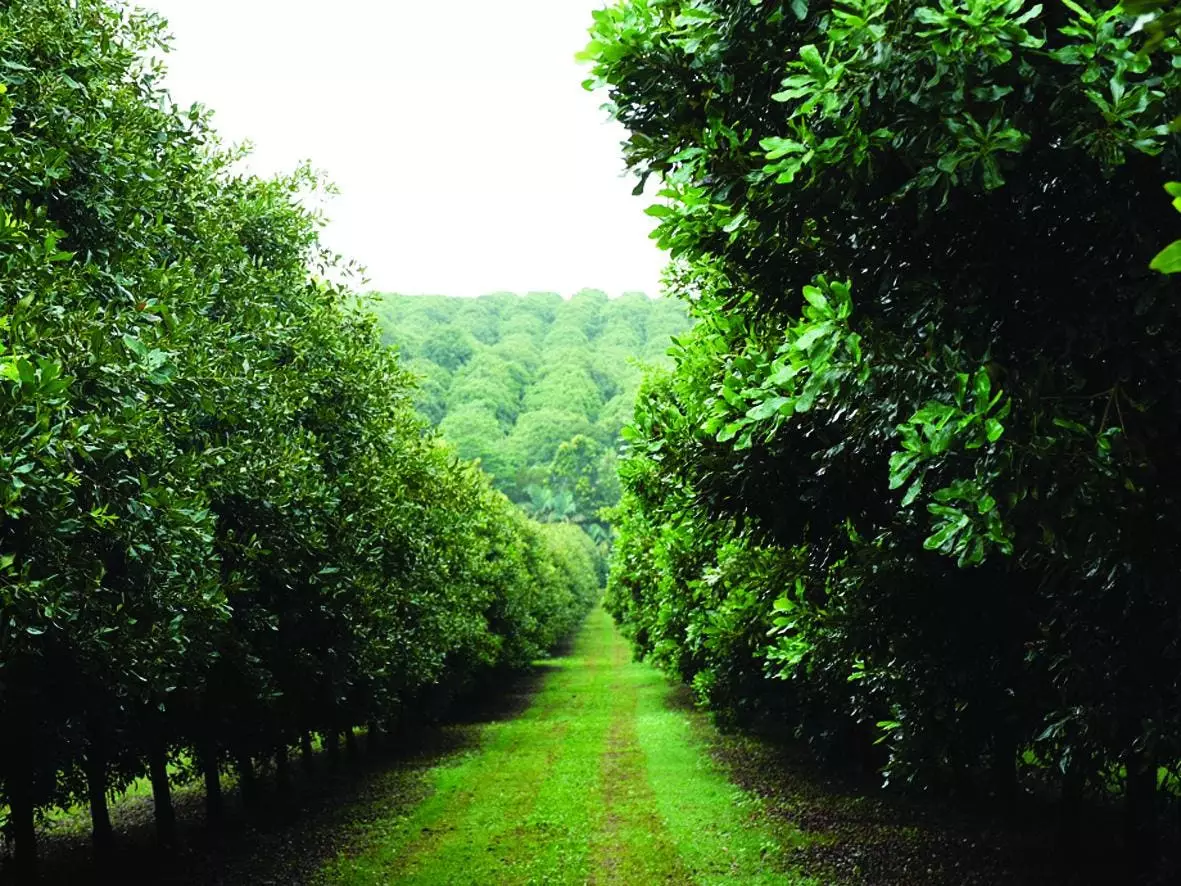As global awareness of environmental issues intensifies, one sector particularly experiencing a remarkable transformation is the plant-based food market. The demand for plant-based diets has propelled innovations in various categories, including an extraordinary growth trajectory for plant-based milks. In 2022, this market was valued at $2.8 billion, with projections estimating an astounding increase to $7.3 billion by 2032. However, beneath this encouraging trend lies a disheartening reality: the food and beverage industry contributes substantially to the global waste crisis, generating around 78 million metric tons of plastic packaging yearly and recycling a mere 14%.
Within this complex web of increasing consumption and environmental consequences, brands like Milkadamia are carving a new path by merging sustainability with innovation. As a front-runner in macadamia-based plant milks, Milkadamia is not just focused on expanding its product offerings but is also pioneering unique approaches to product utilization and supply chain designs aimed at minimizing waste.
At the forefront of Milkadamia’s innovations is their introduction of oat milk in an unconventional sheet form called “Flat Pack.” This bold product effectively challenges entrenched packaging norms and production practices. What sets this solution apart is its focus on reduction at the source rather than merely relying on recycling efforts after consumption—the concept of “pre-cycling.” By delivering oat milk in sheets, Milkadamia successfully reduces packaging waste by an impressive 94%.
Moreover, this lighter alternative—being 85% lighter than traditional liquid milk packaging—significantly lowers transportation emissions, contributing to a less polluting supply chain. This innovative design, matched with the company’s dedication to regenerative farming practices, illustrates a comprehensive commitment to sustainability. The manufacturer adopts what they term “free-range trees,” growing crops in environments and conditions best suited for them—essentially allowing nature to dictate the resources needed for growth.
Navigating consumer perceptions of sustainable products poses a significant challenge. Many consumers may remain skeptical about unconventional innovations such as oat milk sheets. In a recent conversation with Jim Richards, the CEO of Milkadamia, he shared insights into the brand’s commitment to educating consumers on the necessity of this sustainability-driven shift.
Richards explains that their journey began with macadamia oil and aimed to extend its credibility by transforming upcycled macadamia nut kernels into nutritious milk. This brand evolution stems from a recognition of the strong wellness and anti-inflammatory properties inherent in macadamias, traditionally regarded as a premium treat. By showcasing these benefits, Milkadamia empowers consumers to consider the nutritional value alongside environmental responsibility.
Richards emphasized another critical aspect of their operation: regenerative agriculture. This practice revolves around building soil health as the foundation for sustainable farming. By focusing on the health of the soil rather than adhering strictly to certifications, Milkadamia tailors its agricultural practices to meet specific environmental conditions—be it sandy, clay, or floodplain soils—ensuring that each farm optimally utilizes its unique growing conditions.
The ethos of “gentle farming,” which highlights the intricate relationship between soil microbes and photosynthesis, reflects a profound humility toward nature’s processes. This understanding encourages a cycle where healthy soil breeds nutritious crops, ultimately resulting in healthier plant-based products for consumers.
As the introduction of the Flat Pack oat milk sheets nears their full market launch, preliminary responses from trade shows and potential partnerships with retailers and coffee chains have been overwhelmingly positive. Richards articulates the company’s desire to inspire consumers instead of guilt-tripping them into sustainable choices. The unique packaging, paired with a touch of humor—indicating “some assembly required”—reinforces the idea that culinary participation can enhance appreciation and connection to the product.
Milkadamia aims to frame this product as a small yet significant victory against the tide of waste in consumers’ daily lives, encouraging a sense of personal empowerment. With consumers increasingly motivated by environmental issues, the notion of engaging in a “mini-revolution” with every use of Flat Pack certainly resonates.
Ultimately, the journey of Milkadamia encapsulates a compelling case for how companies can take innovative strides towards sustainability. As they continue to challenge the status quo from production to packaging, they offer consumers a meaningful way to contribute positively to global ecological challenges, one sheet of oat milk at a time.


Leave a Reply